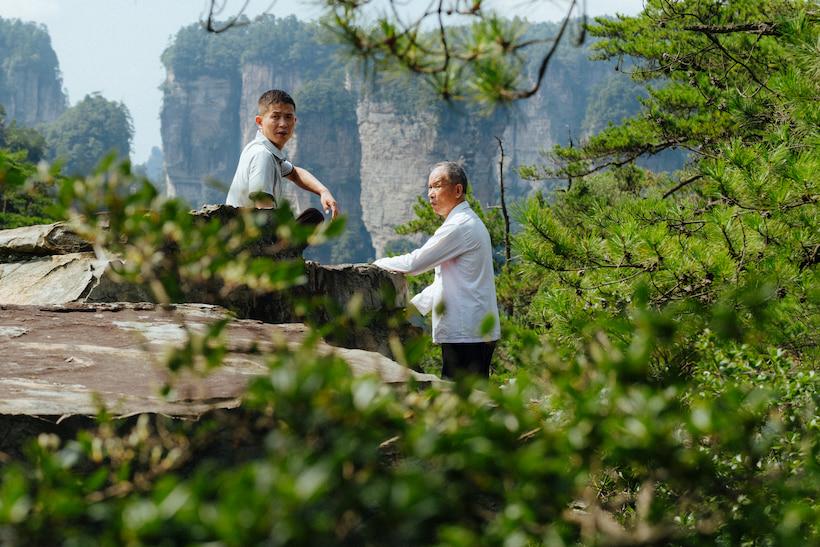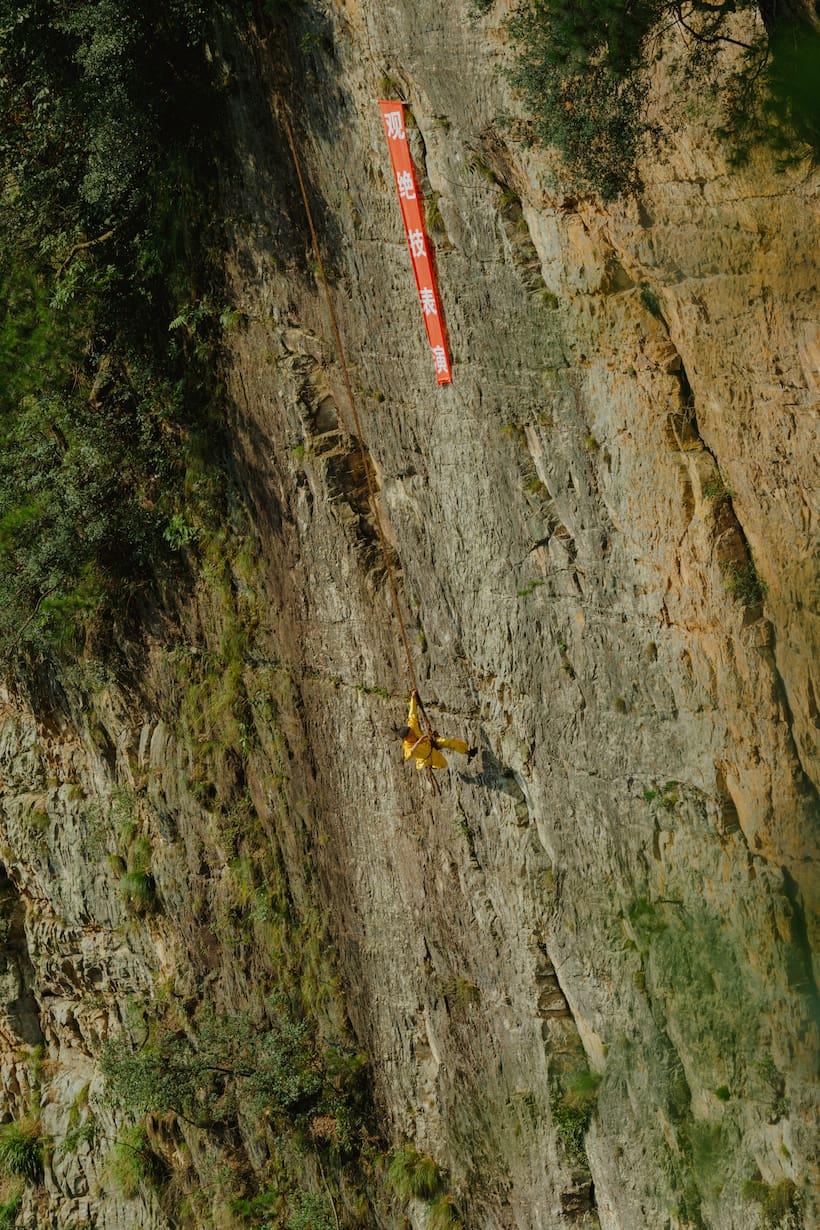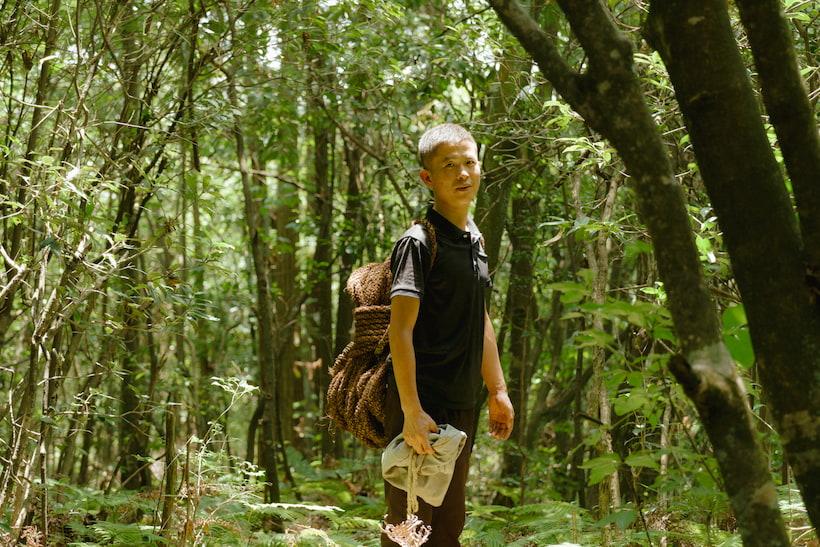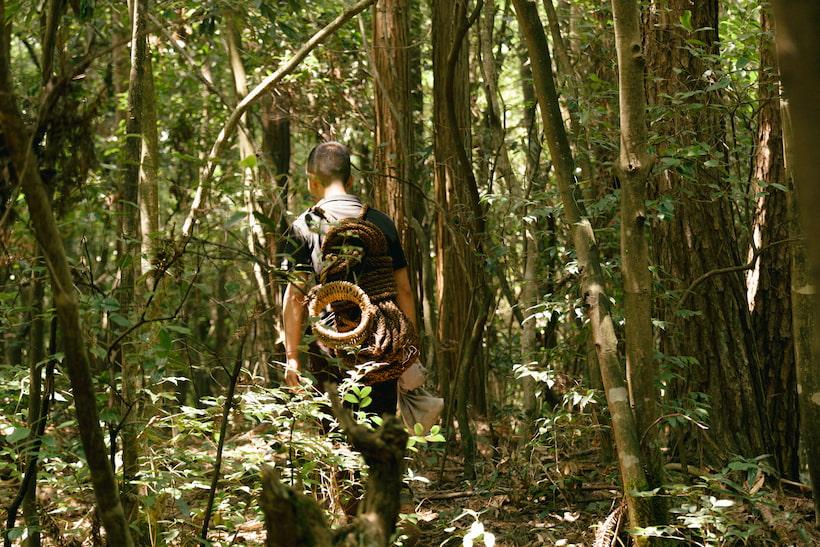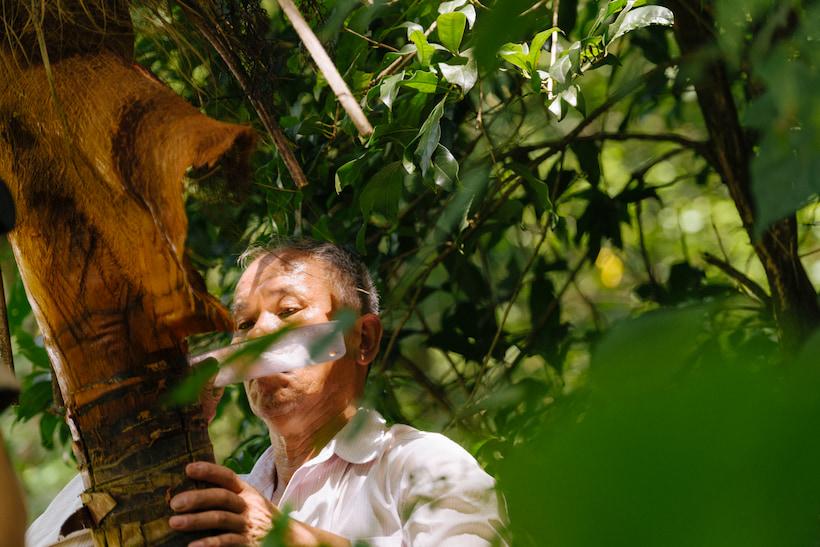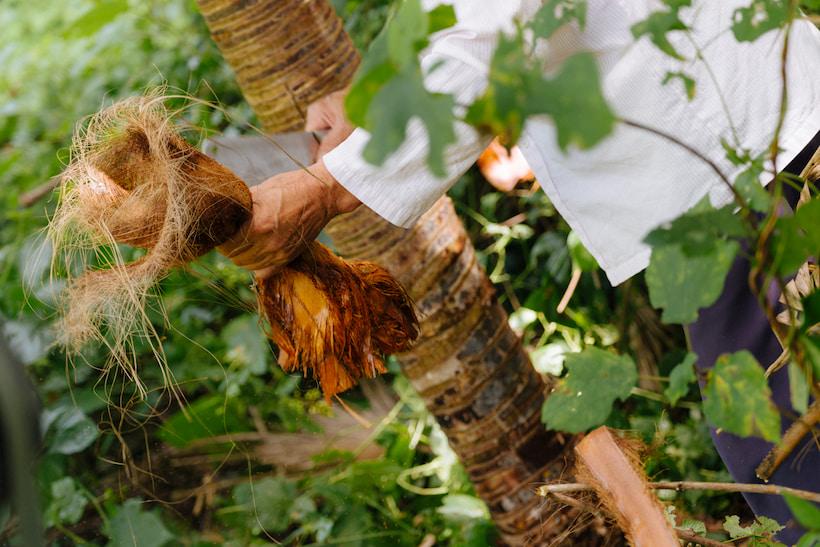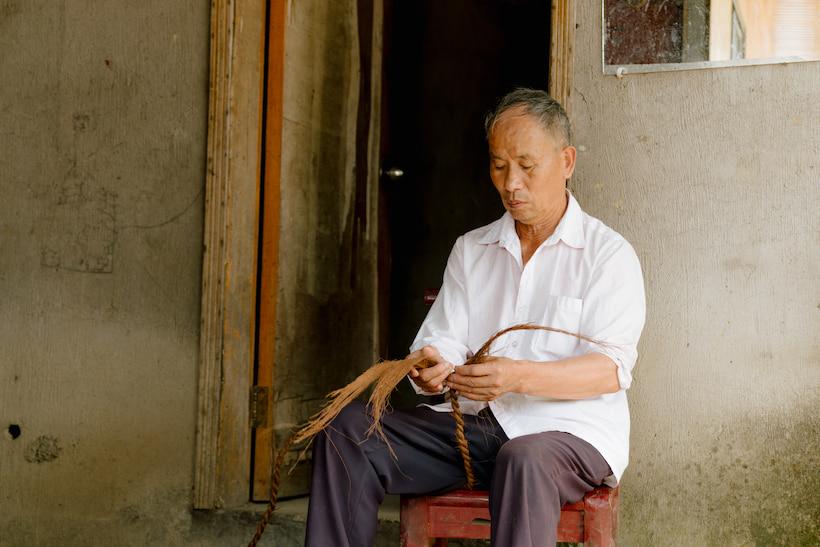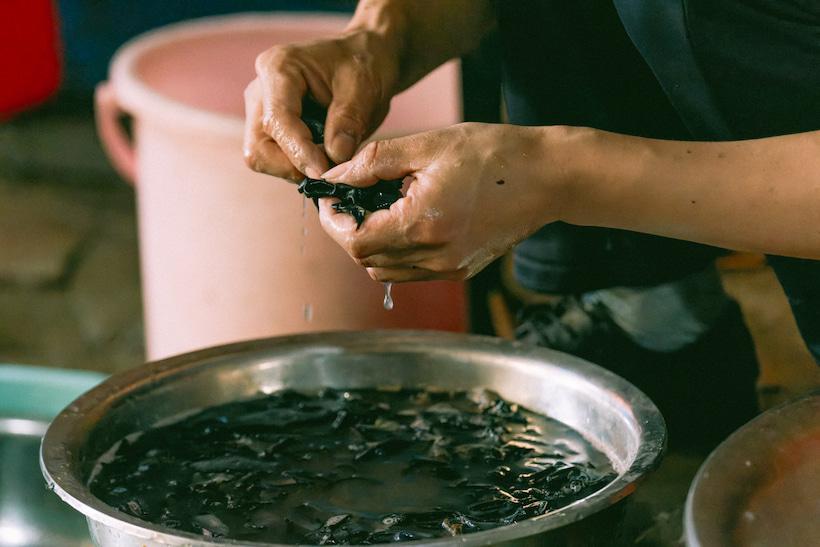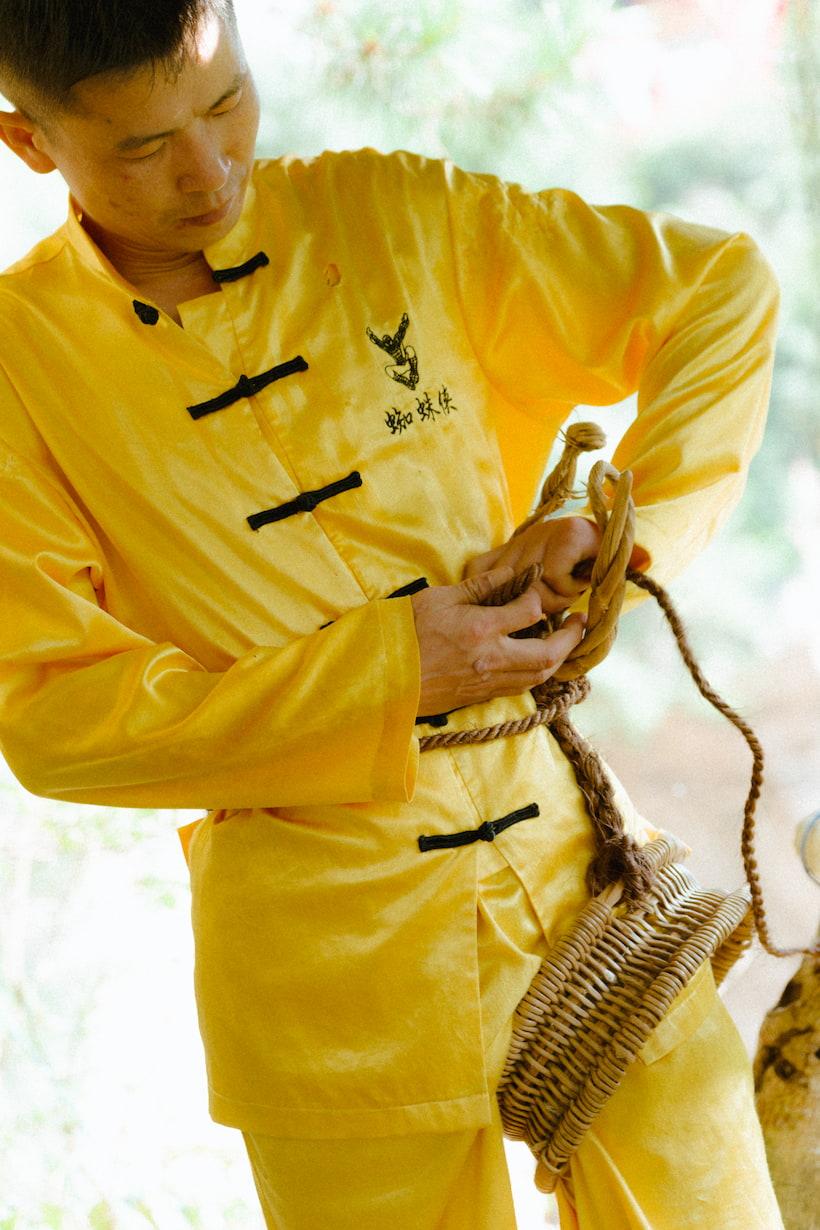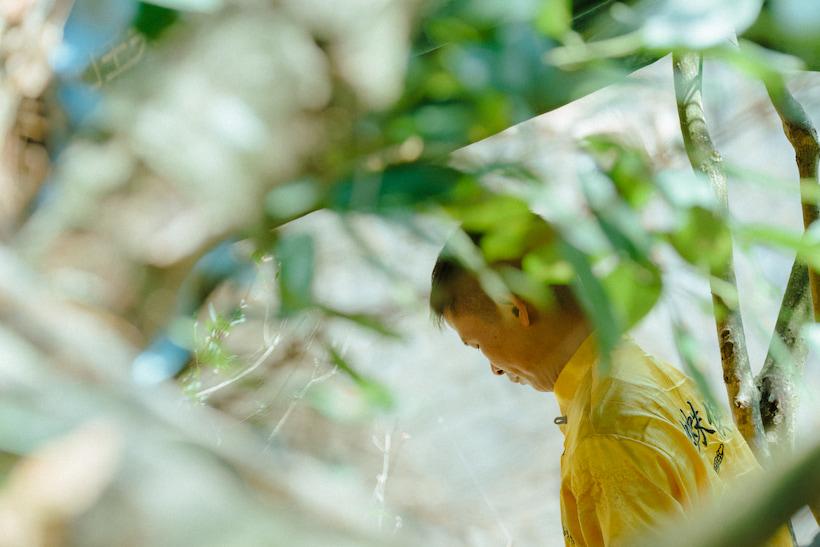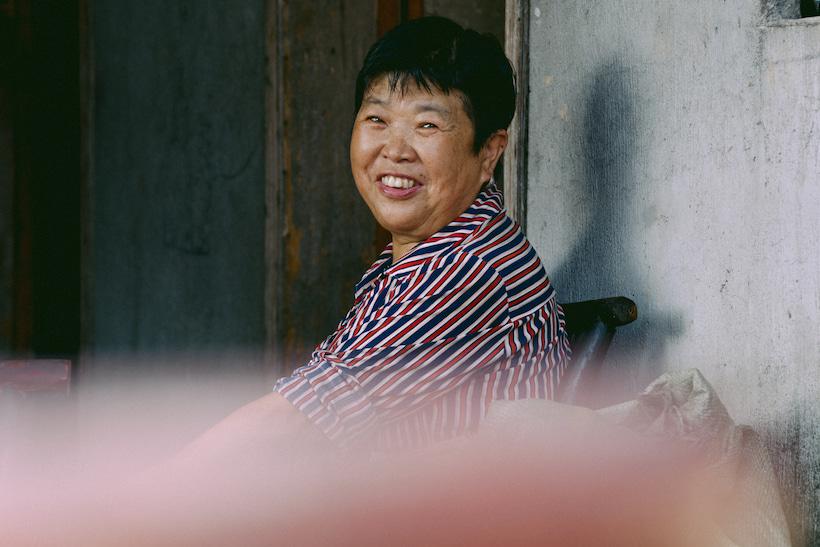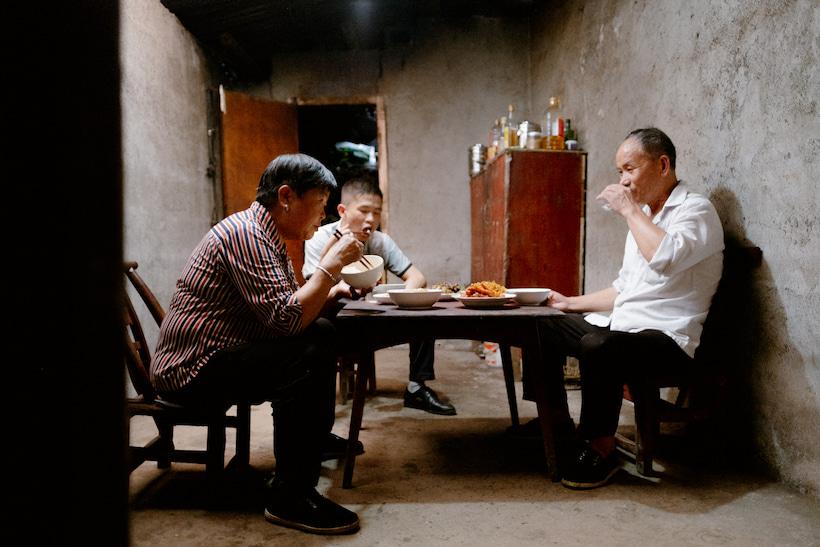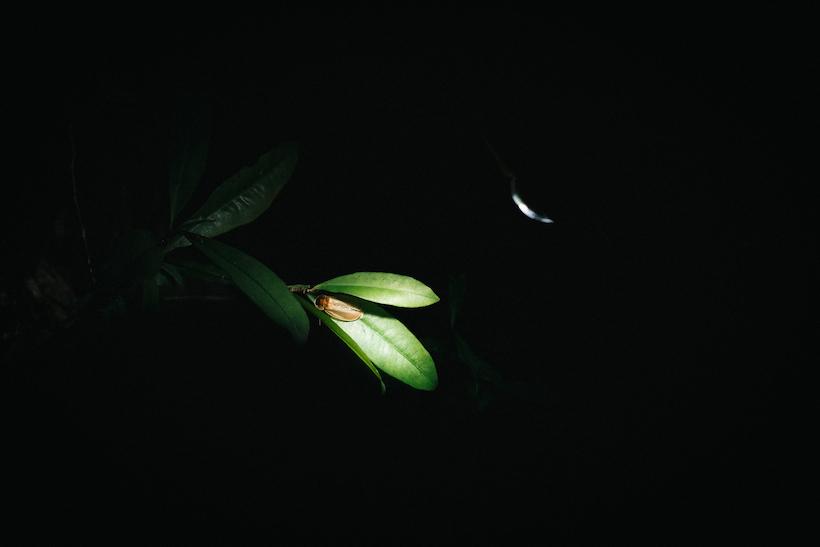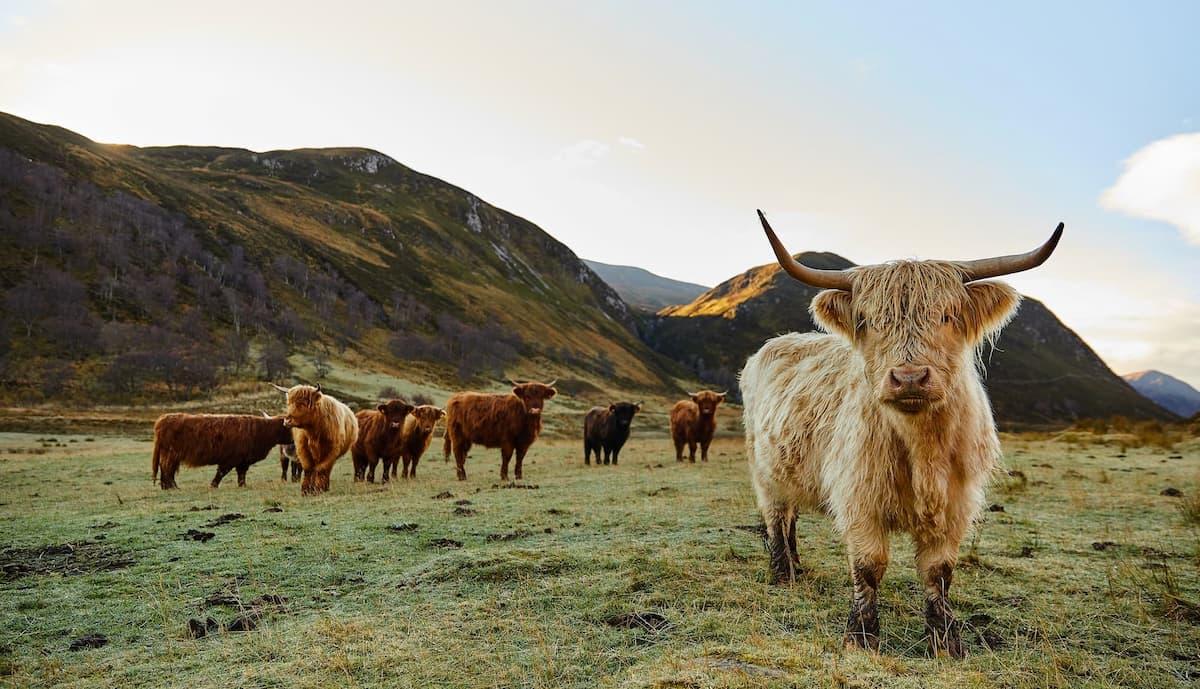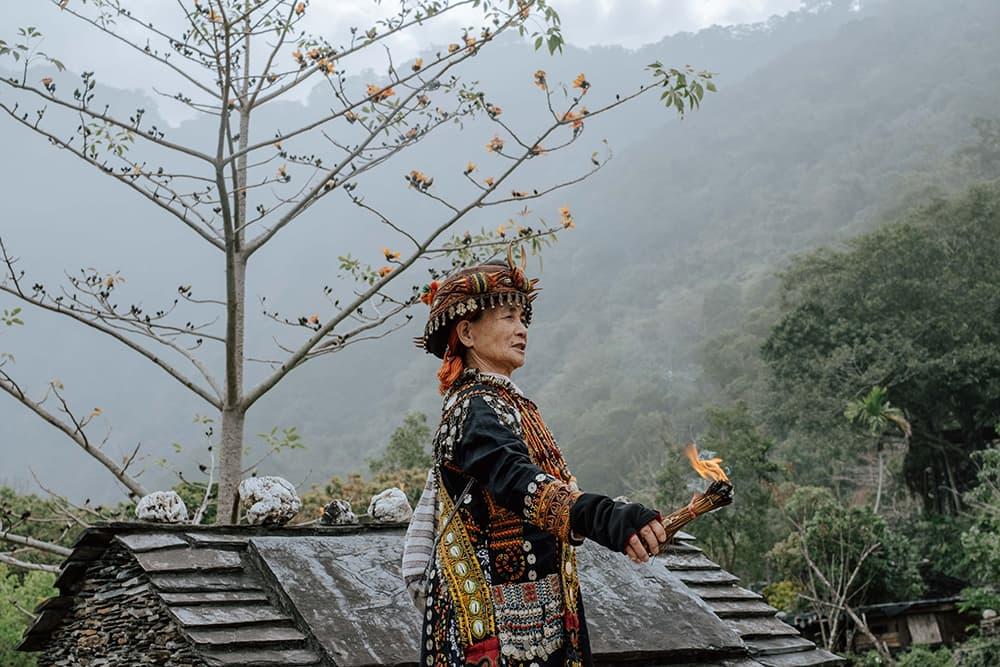Towering pillars of stone covered in mist and shrouded in mystery, reveal a figure hanging gracefully off a sheer cliff, gripping the collective breath of a crowd of tourists who watch on with intense wonder and awe.
Su Songyun, resembles a real-life Spider-Man, performing an ancient art that has been passed down through generations. Suspended by ropes handcrafted from mountain palm tree bark, he navigates the vertical landscape with a blend of agility and showmanship, each movement a tribute to his heritage.
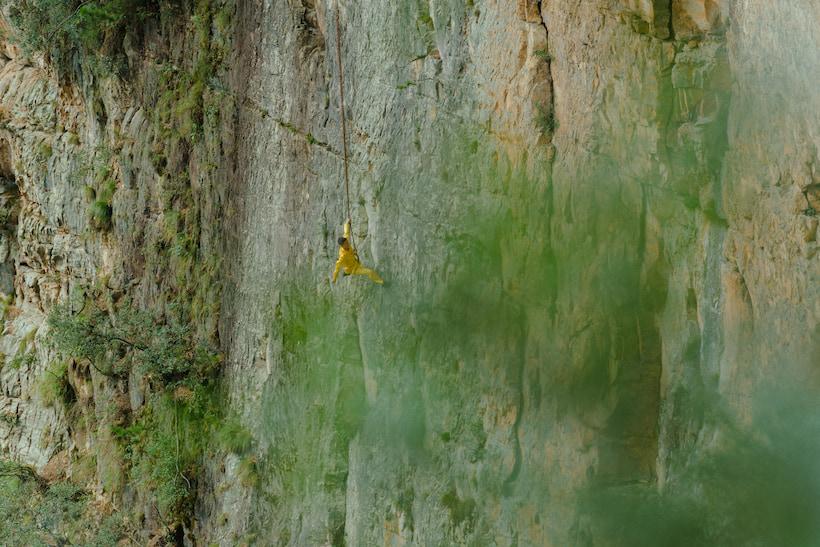
"My name is Su Songyun, I’m 39 years old and I’ve always been a native of Zhangjiajie where I grew up. I perform by demonstrating cliff fungus harvesting techniques to tourists. We no longer harvest cliff fungus; instead, I’ve displayed this skill for visitors for over 20 years.”
As a child, Su watched his father with fear and respect. "When I was around 10 years old, I remember seeing my father perform. It looked terrifying, but I also admired him, thinking he was like Spider-Man. I admired how he seemed to fly around, and I wondered if I could one day become like him."
The mist swirls around him while he maneuvers along the cliff face. Recalling the initial terror of confronting such heights, Su explains, "My legs went weak the first time I climbed up. I couldn’t control it; they just started shaking. My hands were trembling, and I felt scared. I remembered that my father had attached a safety rope to me and I gradually overcame the fear."
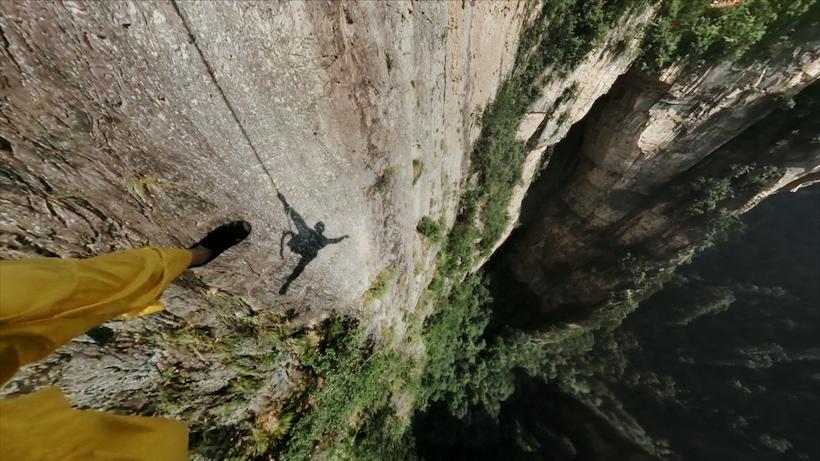
Every performance is a dance between danger and tradition. "I feel that this isn’t something just anyone can do. It’s really tough, and only those who can endure hardship will stick with it.” Su continues with his humble truth, “It’s not something particularly glorious; it’s life-threatening."
As he descends, the applause rises, echoes of relief and reverence ricochet off the ancient cliffs. Su smiles modestly, aware that beyond the spectacle lies a deeper purpose. He has made a commitment to preserving an art form on the brink of fading away that serves as both entertainment and a living link to his ancestors, keeping their stories alive for future generations.
